How the 16 Myers-Briggs® Personality Types Respond to “How Are You?”
I’ve always had a love/hate relationship with the question “How are you?” On one hand, it’s nice to know someone cares enough to ask you that kind of question. On the other hand, how much information do you give? What if you’re really not doing well? Do you answer honestly and risk a potentially awkward moment? Do you blurt out a simple “Fine, how are you?” in response?
With that in mind, I wrote this highly stereotypical take on how the 16 Myers-Briggs® personality types might respond to the question. Keep in mind, this isn’t meant to be taken seriously; it’s more meant to be a bit of fun. But I’d love to hear your thoughts on the question in the comments. How do you respond to “How are you?” Are you honest? Do you evade the question? Do you love it or hate it? Let me know!

If you DO want a more serious, informative look at how to make conversation with the 16 personality types, you can check out the article I wrote on that here: What Each Myers-Briggs® Personality Type REALLY Wants to Talk About
Not sure what your personality type is? Take our new personality questionnaire here. Or you can take the official MBTI® here.
How the 16 Myers-Briggs® Personality Types Respond to the Question, “How Are You?”
ESTJ
They spit out an efficient, bullet-pointed rundown of their day, all while simultaneously answering emails, signing off on three separate reports, and squeezing in a 5K run. Just as you’re trying to comprehend their superhuman productivity, they swing around, give you a firm handshake that could compete with a hydraulic press, and leave you feeling a little less-than-stellar about your “accomplishment” of finally managing to keep a houseplant alive for more than a week.
ESFJ
They will happily recount their day, noting the successful bake sale they organized and the ten stray cats they managed to find homes for. Then they seamlessly pivot the conversation to your second cousin’s root canal that happened three days ago, in a town you’ve never heard of. Wait, how did they even know that? Their uncanny knack for knowing your family tree better than you do could make Ancestry.com file for bankruptcy.
ENFJ
Immediately engulfs you in a bear hug that is equal parts warmth, comfort, and a sudden realization of your own personal space. They release you only to flash a smile so charismatic, you’re momentarily blinded by the brilliance. Before you can regain your bearings, they have launched into an inspiring monologue about purpose, passion, and potential that is so compelling you start seriously considering adopting a stray cat and finally starting that ‘knitting-for-peace’ project. Before you know it, you’re setting life goals and penciling in a date to discuss your progress next week!
ENTJ
Calmly informs you they’ve just closed a lucrative deal, establishing a new branch of their empire in a time zone you didn’t even know existed. They glance at their gold pocket watch (because yes, they flaunt a pocket watch), and you realize they’ve managed to amass a small fortune, establish new partnerships, and conquer two continents in the time it took you to formulate your question. They tip their cap in your direction, before disappearing into a cloud of cigar smoke and ambition, leaving you to wonder if you’re doing enough with your life.
ESFP
Takes a deep breath and prepares to give you the most dramatic retelling of their day yet. Within several minutes they’ve managed to dance to the song on the radio, recount their day, fix a sandwich, and get you to care deeply about the plight of sloths in Costa Rica.
ESTP
Doesn’t answer the question, but simply pulls out their phone and shows you all the exciting adventures they’ve been on lately. You’re left feeling both envious and exhausted just from scrolling through their social media.
ENFP
Barely waits for you to finish the question before they grab your hands, eyes sparkling with excitement, ready to share an impresive tale of how they dreamed up an app that will make a game out of random acts of kindness, wrote a sonnet about the sunrise, and challenged an eight-year-old to a cartwheel competition, all before 10 AM. You end up feeling happily dazed, and also slightly concerned about their coffee intake.
ENTP
Looks you in the eye, chuckling lightly before launching into a full-blown debate about the philosophical implications of asking “how are you?”. Before you know it, they’ve managed to dismantle every belief you’ve had regarding social norms and replaced them with a whole new framework for understanding existence.
ISFJ
Gazes at you with a soft smile, takes a moment to ponder the question, then gives you a well-measured and polite answer about their day. All while offering you a cough drop (how did they know that your throat was itchy?) and adjusting a painting that was 0.001 degrees off on the wall.
ISTJ
Raises an eyebrow at your question, convinced that you probably don’t actually care how they’re feeling so you’re just being polite. Throws out a “Fine, and you?” before getting back to their tax spreadsheets.
INFJ
Gives you a knowing look, a soft nod, and before you know it, you’re sprawled out on an imaginary couch, confessing your deepest fears about the impermanence of life. They nod empathetically, offering you a tissue for ’emotional support’ as they weave together a narrative about your life that is so insightful, even Freud would have taken notes.
INTJ
Stares at you for a moment, analyzing your question before giving a concise and efficient answer. They then proceed to explain the science behind why “how are you?” is actually not a productive or meaningful question in any way.
ISFP
Shrugs their shoulders and gives a noncommittal answer. But then spends the entire day wondering why you asked them that, and if they should have answered differently.
ISTP
Squints at you suspiciously before muttering a curt “I’m good”. However, they can’t help but use the opportunity to showcase the latest gadget they made, a pen that also doubles as a 4-in-1 screwdriver set, a laser pointer, and a tiny flamethrower.
INFP
Takes a deep breath before giving you an emotionally honest answer that leaves both of you feeling slightly uncomfortable. They then apologize for being too intense and ask you if you’ve ready any good books lately. When you say you don’t like to read, they look at you as if they’ve just swallowed a particularly unappetizing bug. After a quick, pained smile, they mumble something about needing to water their collection of rare, endangered ferns, and practically sprint away.
INTP
Looks at you, and around the room, with a mix of curiosity and confusion, wondering if you meant to ask someone behind them. Convinces themselves that you did, in fact, mean to ask someone else and goes back to their thoughts, feeling relieved that they didn’t have to come up with a response.
Other Articles You Might Enjoy:
The Most to Least Talkative Myers-Briggs® Personality Types, Ranked
How You’d Survive (or not) in a Horror Movie, Based On Your Myers-Briggs® Personality Type
The 16 Myers-Briggs® Personality Type On a Camping Trip
Subscribe to Our Newsletter

Want to discover more about personality type? Get the inside scoop with Susan Storm on all things typological, along with special subscriber freebies, and discounts on new eBooks and courses! Join our newsletter today!


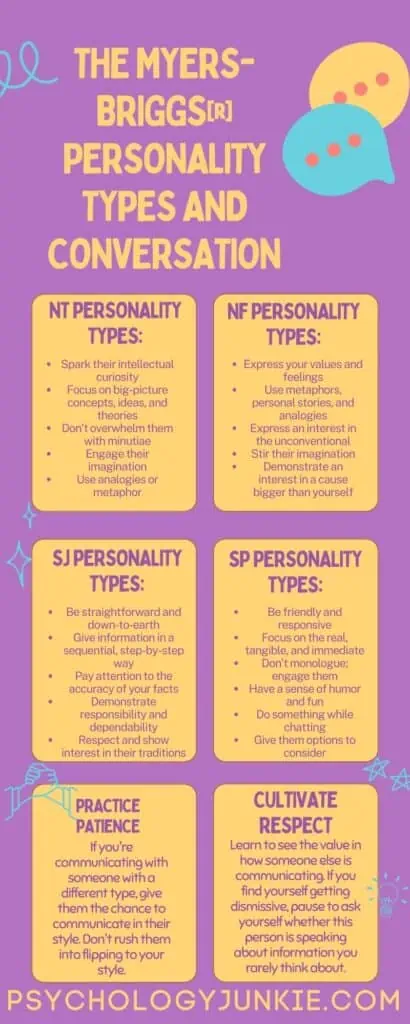


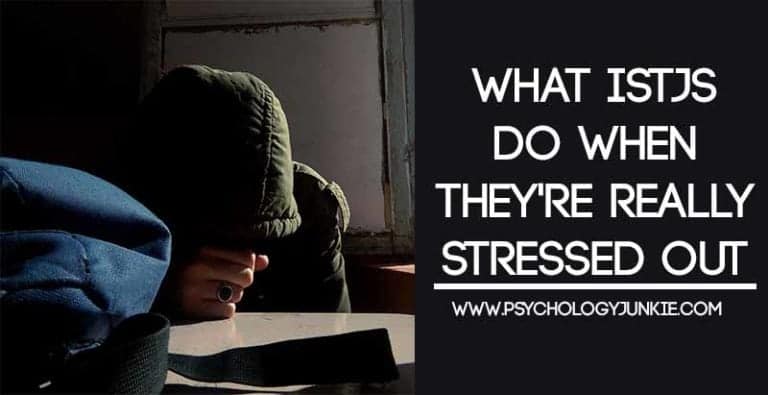
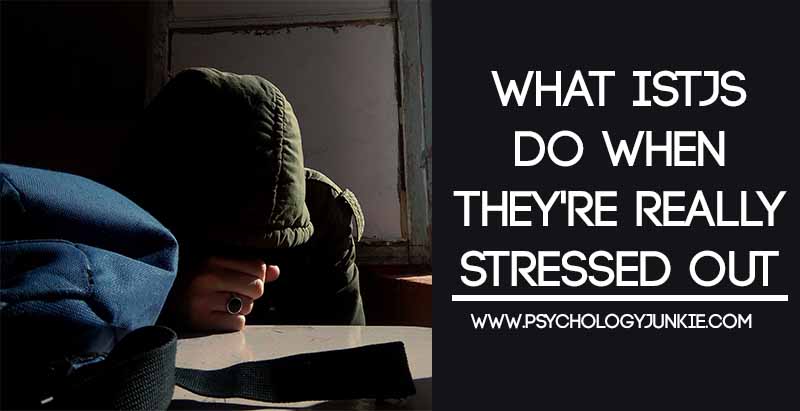
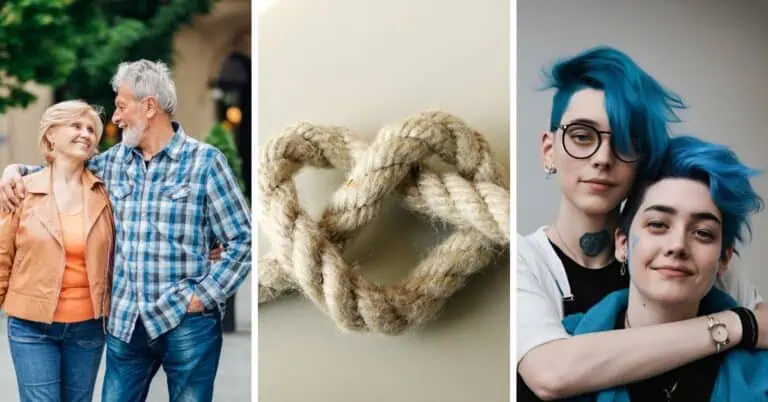
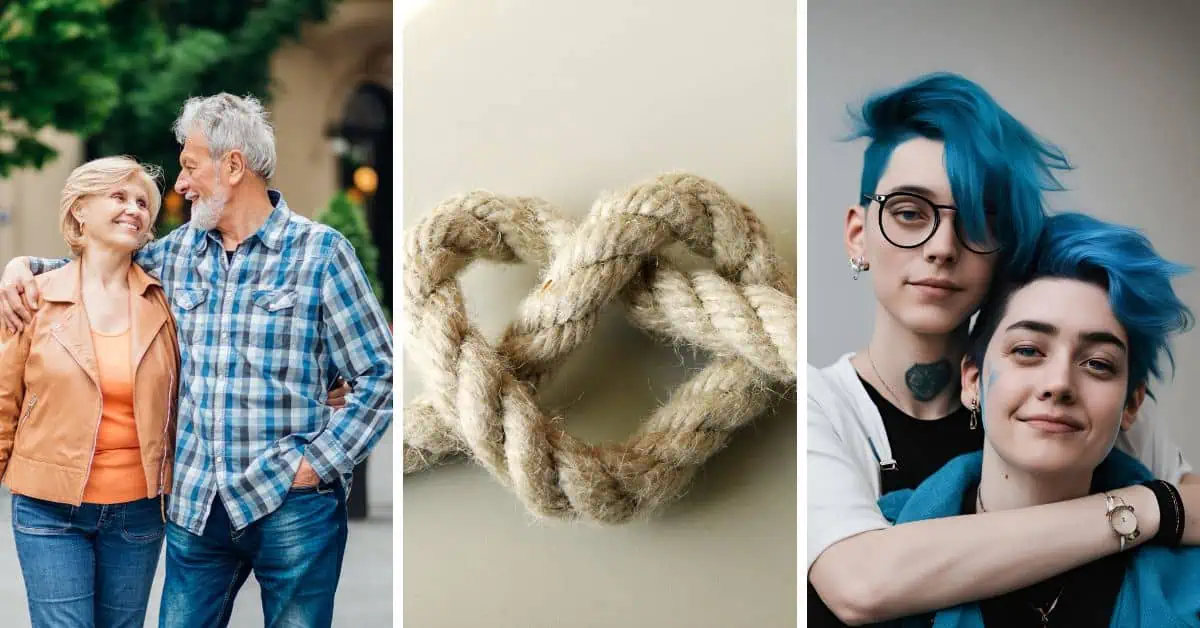






I lie and say ‘good’ because that’s what everyone wants to hear. But I secretly hate the question and wish people wouldn’t ask it. Nobody really cares.
Susan,
I have been reading your post the last few years. This one is by far is my Favorite!
I am an INTJ and when people send me this text I want to delete them. I’ve had people ask that after a crisis and I want to ask them for multiple choices so I can check a box. In my mind it is lazy and useless. Thank you so much! I feel seen.
It depends on what mood I am in. 99% of the time, I will say ‘Good Thanks’, and move on.
Why do I want to share personal information, or start a conversation with a stranger?
If I’m up for a chat… I will give a brief synopsis, testing them to see if they actually have an interest, or were they just being polite.
Stranger = Good Thanks
Acquaintance = Better now
Friend (AND i’m up for a chat) = Still Recovering from that stint in hospital…. INTJ
I am dying; these are hilariously spot on! I might be more INTJ than INTP these days because my first internal filter is to decide how needful it is to “play nice” when answering a pedantic “How are you?” that I can’t interpret the intent of.
So funny! 🙂
I got an ISTP results in many tests but the Fi-dominant traits align more with me than being a Ti-dominant I know I am more of a Thinker than a Feeler what do you think about this?
INTP here; I always tell people I don’t have a “how”, because “I lost it in the war, and I’m very sensitive about it”. Confuses the hell out of the asker, and my friends who are used to witnessing this get a good laugh at the reactions.
Usually I’ll pause to think if everything is good. If it is, I’d response with “yeah”. If I’m having some problems I’d usually response with “idk”, “nah” or something along the line depending on severity.
INTJ here.
These are funny, as most people have pointed out. In response to your question, I don’t ever lie to this question. EVER. but you have to understand that only about 10% of communication is what you say, the rest is body language and tonality.
MOST of the time, I just respond with “I’m alive.” and let my tone work it out from there. If they care, they inquire, if not, I didn’t expect them to anyway.
Sometimes, SOMETIMES… I just let them have the whole truth, and watch their face melt into a flurry of emotions at the response they were not really seeking, because teaching them to think about what they are asking by example is fun, and necessary.
Sometimes “How are you?” is a loaded question. My usual response is either “alright,” “fine,” or “okay.” I’ll rarely say “good” or “great” and if I do, I probably don’t mean it. Chances are, I’m barely okay, or not really okay, but I’ll let you think I’m fine so I don’t have to get into it and we can just move on. The last things I need are sympathy or somebody prodding for more information, especially if it’s about how I’m feeling.